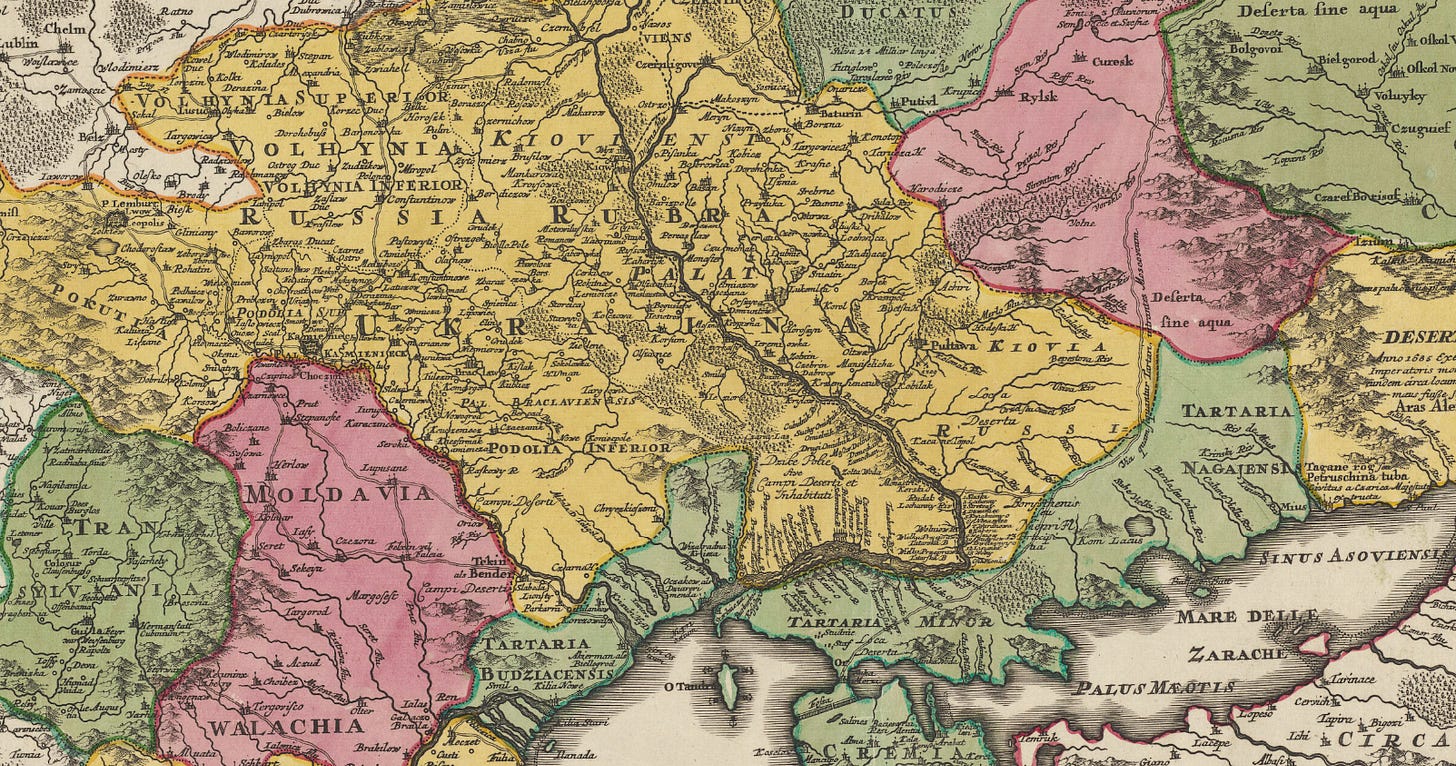Week signals: Endgame
Plus: watch points for the US, China, the Middle East, Denmark, and Georgia.

This week:
IN REVIEW. Multipolarity in fact and fiction, reverse Nixons, the rough quadrilateral, and business in a three-body world.
UP AHEAD. A joint session in Washington, the two sessions in Beijing, an Arab League emergency summit, Denmark at the Security Council, and an election in Abkhazia.
Week Signals is the Saturday note for clients of Geopolitical Strategy, also available to GD Professional subscribers on Geopolitical Dispatch. Click here to learn more.
The Week in Review: Ukraine and beyond
The week began with an election in Germany, it ended with a White House press conference few will forget. In between, the leader of Bosnia’s Serbs was jailed, tariffs were threatened against China and the EU, Chevron’s license was revoked in Venezuela, and the head of Turkey’s Kurdistan Workers’ Party called for a ceasefire. Elsewhere, China exercised off Australia, fears of a new virus in Congo took hold, and an accord was reached in the Horn of Africa.
But it’s the press conference that will be remembered. Donald Trump’s pre-meeting remarks with Volodymyr Zelensky began in their usual discursive fashion (the entire 47 minutes are worth watching). Their rapport wasn’t particularly warm, but neither was tension obvious. Both seemed on track to sign a mutually face-saving “raw earths” deal. At one point, Trump even said the US would send more arms to Kyiv but “hopefully not many”.
But at 39 minutes, the vibe shifted. Vice President JD Vance, perhaps feeling lectured, lost his cool. Claims of disrespect and ingratitude were made, and over the next eight minutes, it seemed another nail was placed in the coffin of the transatlantic alliance. Did Vance kill the deal? Was he or Zelensky to blame? The questions may be debated for years.
Trump campaigned on a promise to end the war in Ukraine. His only allegiance (as he’s pointed out) is to the US. But it’s hard not to feel sorry for Zelensky. He is fighting a war for survival and holds a weak hand (another point gratuitously made by Trump). Ukraine’s future as a liberal democracy, however flawed, depends on US support to deter Russia. And while Zelensky came away appearing like the Hugh Grant prime minister who stood up to Billy Bob Thornton in Love Actually, the victory will be pyrrhic if US arms stop or if consequences for Russia end.
Keir Starmer, who avoided such a beating during his own Oval Office appearance the day before, has quickly called an emergency summit of European leaders for Sunday. Giorgia Meloni has called for a meeting between Europe and the US. Zelensky says ties with Washington can be salvaged. But the writing is on the wall: Trump wants a deal and is uninterested in who gets what, as long as it’s done.
We’re entering a world less Francis Fukuyama and more Francis Ford Coppola. As Thucydides wrote in his History of the Peloponnesian War, "The strong do what they can and the weak suffer what they must." This reality, which never really went away, should be obvious by now. And while this week’s events have clarified the new order, they didn’t create it. Ukraine is running out of arms. The US doesn’t want to keep them going. Russia won’t give up. Europe is crying foul. The rest of the world just wants to make money.
Multipolarity has begun. The dependability of the US-led world order is over. The summer was all too brief, but now we must get to work.


